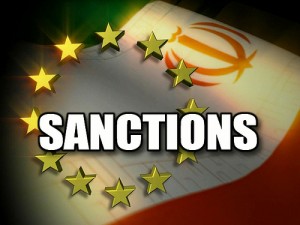L.A. Times | October 1, 2010
By Paul Richter
Reporting from Washington —
The Obama administration rolled out its first penalty Thursday under the new U.S. sanctions on Iran, but carefully avoided any challenge to Russian and Chinese companies that would have risked diplomatic fallout.
The administration sanctioned a Swiss subsidiary of Iran’s national oil company, while declaring that it was weighing punishments against other, unidentified foreign companies.
The 4-month-old sanctions are aimed at drying up foreign investment in Iran’s oil and gas sector in hopes of persuading Tehran to agree to limits on its disputed nuclear program. Some members of Congress have pressed the Obama administration to not shy away from penalizing huge Chinese, Russian and Turkish firms that have been seeking energy deals with Iran as Western companies have pulled out.
The restrained approach drew criticism from some lawmakers and private analysts, who argue that unless these companies are quickly persuaded to back off, the Western companies that have abandoned the Iranian market — and lost substantial revenue — will demand an end to the sanctions and the entire effort will collapse.
The sanctions on Naftiran Intertrade Co. will prevent it from receiving loans of more than $10 million from any U.S. bank and prohibit various benefits from the U.S. government. But officials said the more significant penalty would be an indirect one: They said the move was likely to make foreign firms unwilling to do business with the Swiss company for fear they could be hit by U.S. penalties.
The U.S. granted waivers from punishment to four large European energy companies — Total of France, Statoil of Norway, Eni of Italy, and Royal Dutch Shell of Britain and the Netherlands — that have promised they are in the process of withdrawing from the Iranian market.
U.S. officials signaled that they would rather persuade foreign energy companies to back away from Iran than penalize them.


